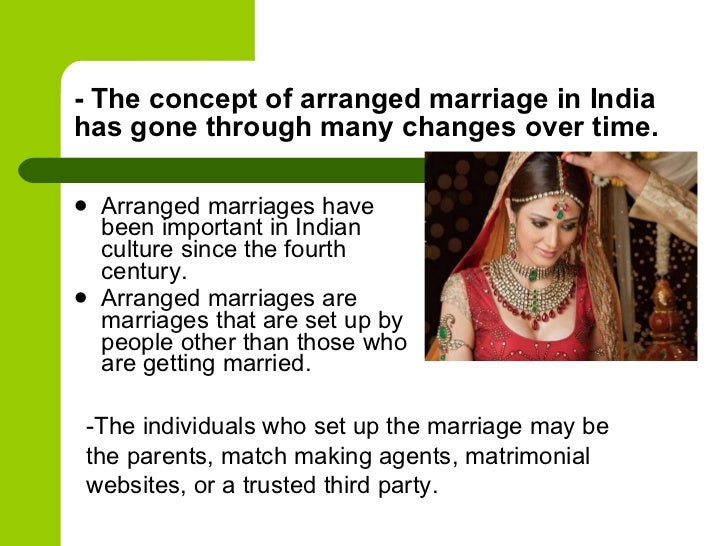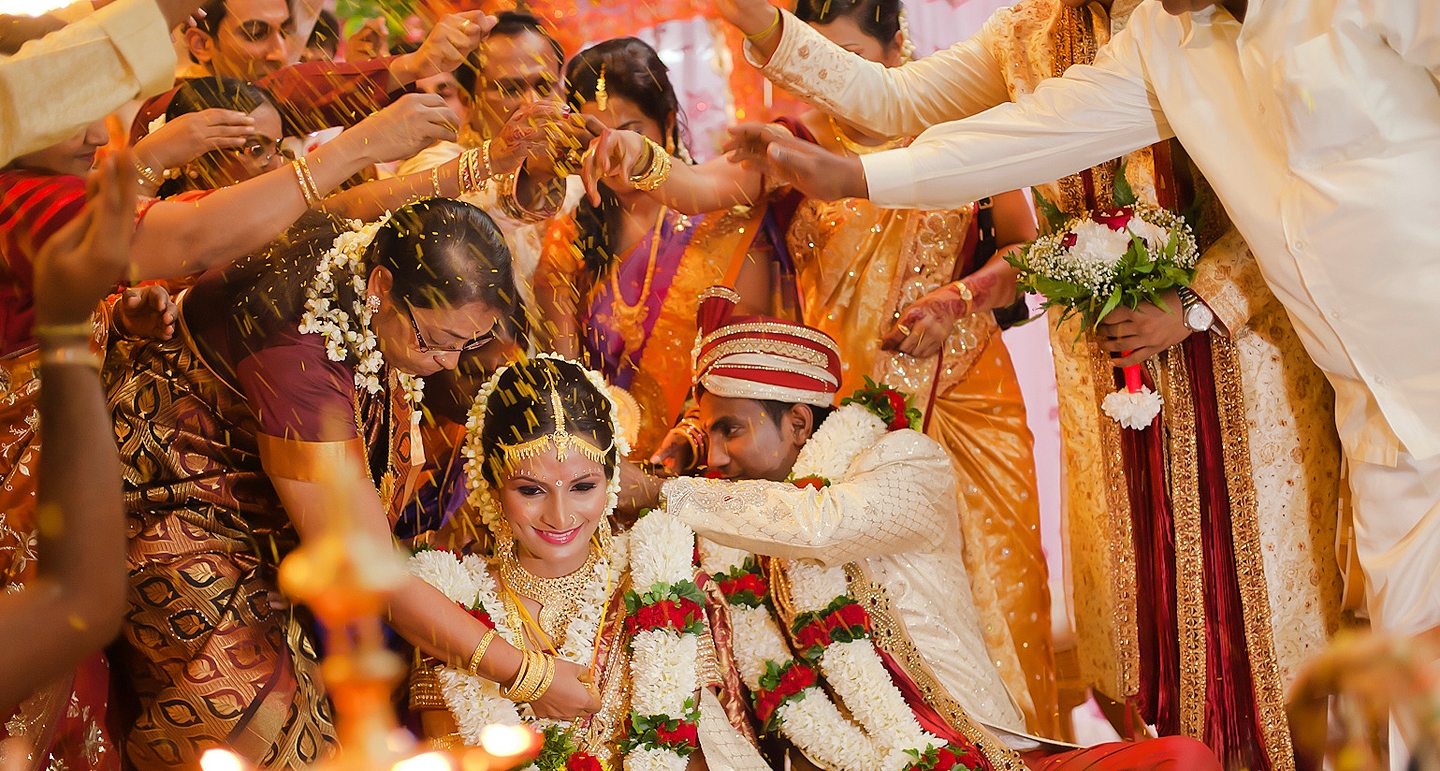Arranged marriages are still a large part of the foundation of indian society

Arranged Marriages: A Pillar of Indian Society

Introduction: Arranged marriages have long been a significant part of Indian society, with deep roots in its cultural and traditional fabric. Even in today’s modern era, where love marriages are gaining prominence, arranged marriages continue to form a large part of the foundation of Indian society. This article explores the reasons behind the enduring prevalence of arranged marriages in India and sheds light on the cultural, social, and practical aspects that contribute to their significance.
Cultural Significance of Arranged Marriages: Arranged marriages in India are deeply rooted in the country’s cultural heritage. India is a land of diverse religions, languages, and traditions, where family values and societal harmony hold great importance. Arranged marriages are seen as a way of preserving cultural heritage and maintaining social order. They enable families to maintain their traditions and ensure compatibility based on various factors such as caste, religion, and socioeconomic status. The bond between families often extends beyond the couple, allowing for a stronger sense of unity and community.
Social Factors Influencing Arranged Marriages: In Indian society, marriages are not solely the union of two individuals; they symbolize the union of two families. Arranged marriages promote social connections and unite families from similar backgrounds, fostering a sense of mutual support and shared values. The involvement of parents and elders in the process lends a sense of stability and guidance to the couple. Moreover, arranged marriages often include the consideration of long-term compatibility, financial stability, and societal reputation, reducing the chances of impulsive decisions based solely on romantic feelings.
Practical Benefits of Arranged Marriages: Arranged marriages in India often come with practical benefits that contribute to their continued prevalence. Financial compatibility and security are essential factors considered during the matchmaking process. Families seek partners who can contribute to the family’s welfare and ensure a stable future for their children. Arranged marriages also provide a support system within the extended family and community, offering a sense of security and shared responsibilities.

Evolution of Arranged Marriages: While the concept of arranged marriages remains embedded in Indian society, it has evolved over time. With increasing educational opportunities, globalization, and exposure to different cultures, the perspective towards arranged marriages has become more flexible and adaptable. Modern arranged marriages often incorporate the preferences and consent of the individuals involved, allowing them to play an active role in the decision-making process. Matchmaking platforms and matrimonial websites have also emerged, providing individuals with a wider pool of potential partners and the ability to express their preferences while respecting societal norms.
Conclusion: Arranged marriages continue to be a significant part of the social fabric in Indian society. Although they may seem challenging, foreign, or even outdated to some, they hold immense value for many families as they embody cultural traditions, foster social connections, and provide practical benefits. The evolution of arranged marriages showcases their adaptability to changing times while preserving their fundamental essence. Ultimately, arranged marriages serve as a testament to the long-standing cultural values and traditions that shape Indian society.
Tags
Share
Related Posts
Quick Links
Legal Stuff

